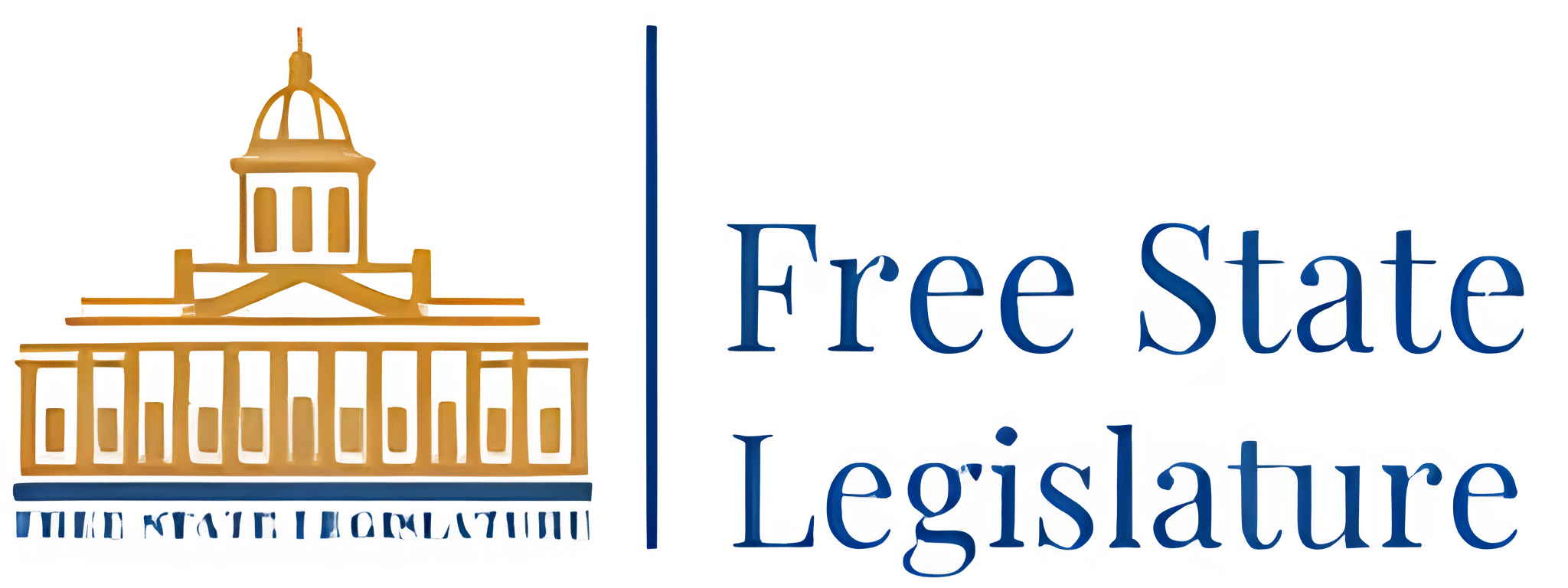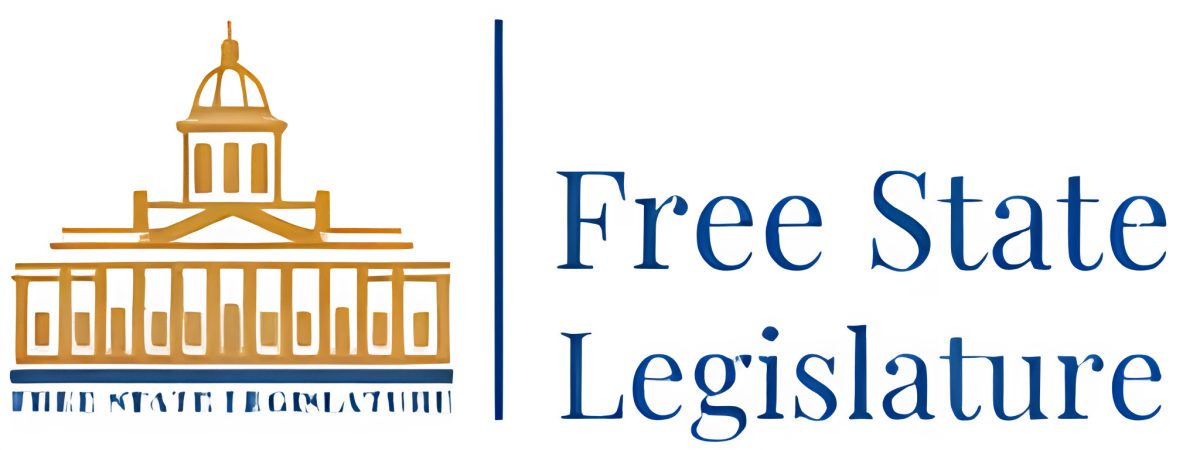About the Bill
Public Service Commission Bill [B30-2023]
To regulate the Public Service Commission in accordance with the provisions of section 196 of the Constitution; to regulate the procedure for the appointment of commissioners of the Public Service Commission; to provide for the establishment of the Secretariat of the Commission to support the work of the Commission; to repeal the Public Service Commission Act, 1997; and to provide for matters connected therewith.
Written submissions can be submitted to the following Committee Coordinator and Researcher.
Mr. D. Senokoane (Committee Coordinator) at Cell 0823784299, email address: diphokos@fslwordpress.azurewebsites.net and Mr. Sebetlela Mokhesi (Researcher) at Cell 083 776 3858, email address: sebetlelam@fslwordpress.azurewebsites.net
Written Submissions closing date: 8th November 2025
What is a Bill
Before it can become a law, a bill must be passed by both Houses of Parliament. Most bills are introduced in the National Assembly, but certain bills that affect provinces may be introduced in the NCOP. Once it has been introduced, a bill is referred to the relevant committee. where it is debated in detail and, if necessary, amended. If there is much public interest in a bill, the committee may organise public hearings.
Once the committee has finalised its deliberations on a bill, it reports to the corresponding House. After the House has debated the bill, it takes a decision on whether to pass the bill. A bill could be referred back to the committee for further work before the House takes a decision. Once the first House has agreed and passed a bill, it is then referred to the other House. If a bill passes through both the National Assembly and the NCOP, it is sent to the President for assent. Once the President has signed a bill passed by the Houses, it becomes an Act of Parliament – a law of the land.

To amend—
● the South African Schools Act, 1996, to insert and amend certain definitions; to
provide that attendance of grade R is compulsory; to amend the penalty
provision in the case where the parent of a learner, or any other person,
without just cause, prevents a learner who is subject to compulsory attendance
from attending school, and to create an offence in respect of the interruption,
disruption or hindrance of official educational activities of a school; to enhance
the authority of the Head of Department in relation to the admission of a
learner to a public school, after consultation with the governing body of the
school; to provide that the governing body of a public school must submit the
admission and language policies of the public school to the Head of
Department for approval; to provide that the South African Sign Language
has the status of an official language for purposes of learning at a public school,
and that the Head of Department may direct a public school to adopt more
than one language of instruction, where it is practicable to do so, and that, if
the Head of Department issues such a directive, he or she must take all
necessary steps to ensure that the public school receives the necessary
resources to enable it to provide adequate tuition in the additional language of
instruction; to provide the Minister with the authority to appoint a person, an
organisation or a group of persons to advise on curriculum and assessmentrelated
matters; to provide that the code of conduct of a public school must
take into account the diverse cultural beliefs, religious observances and
medical circumstances of learners at the school and to provide for the
inclusion of an exemption clause in the code of conduct and for disciplinary
proceedings to be dealt with in an age- appropriate manner and in the best
interests of the learner;
To amend the Copyright Act, 1978, so as to define certain words and
expressions; to allow for the reproduction of copyright work; to provide for the
protection of copyright in artistic work; to provide for the accreditation of
Collecting Societies; to provide for the procedure for settlement of royalties
disputes; to allow fair use of copyright work; to provide for access to copyright
works by persons with disabilities; to provide for the protection of ownership
in respect of orphan works; to strengthen the powers and functions of the
Copyright Tribunal; to provide for prohibited conduct in respect of
technological protection measures; to provide for prohibited conduct in respect
of copyright management information; to provide for management of digital
rights; to provide for certain new offences; and to provide for matters
connected therewith.
BE IT ENACTED by the Parliament of the Republic of South Africa, as
follows:—
Amendment of section 1 of Act 98 of 1978, as amended by section 1 of Act 56
of 1980, section 1 of Act 66 of 1983, section 1 of Act 52 of 1984, section 1 of Act
13 of 1988, section 1 of Act 125 of 1992, section 50 of Act 38 of 1997, section 1 of
Act 9 of 2002, section 224 of Act 71 of 2008 and section 3 of Act 28 of 2013
To provide for the expropriation of property for a public purpose or in the public interest; to provide for certain instances where expropriation with nil compensation may be appropriate in the public interest; and to provide for matters connected therewith.
To amend the National Small Enterprise Act, 1996, in order to amend, delete, insert
and to substitute certain definitions; to provide for the report of the Advisory Body;
to provide for the establishment of the Small Enterprise Development Finance
Agency; to provide for the functions of the Agency; to ensure the provision of
financial and non-financial support services to small enterprises; to promote the
development of sustainable and responsible co-operative banking; to provide for
the establishment of the Office of the Small Enterprise Ombud Service; to enable
an equitable trading environment for small enterprises through the provision of
affordable and effective access to justice; to empower the Minister to declare
certain practices in relation to small enterprises to be prohibited as unfair trading
practices; to provide for the transitional arrangements necessitated by the
establishment of the Agency; to effect consequential or necessary amendments to
the Co-operative Banks Act, 2007, and to the Co-operatives Act, 2005; and to
provide for matters connected therewith.
National Small Enterprise Amendment BIll B16B – 2023
To regulate public procurement; to prescribe a framework within which preferential
procurement must be implemented; and to provide for matters connected
therewith.
PREAMBLE
WHEREAS section 217(1) of the Constitution of the Republic of South Africa, 1996,
stipulates that contracting of goods and services by organs of state in the national,
provincial sphere of government, and other institutions identified in national legislation,
must occur in accordance.
To provide for orderly development of petroleum resources; to provide for
equitable access to, and sustainable development of, the nation’s petroleum
resources; to provide for active State and black persons’ participation in the
development of the nation’s petroleum resources; to provide for a petroleum right
that integrates the right to explore and to produce; to provide for the facilitation of
acquisition of petroleum geo-technical data; to provide for a controlled application
system through licensing rounds; to create an enabling environment for the
acceleration of exploration and production of the nation’s petroleum resources; to
provide for third party access to upstream petroleum infrastructure; to provide for
a petroleum right holder to sell a percentage of petroleum to the State for strategic
stock requirements; to designate a state-owned company as an entity responsible
for managing the State’s carried interest in petroleum rights; to provide for the
advancement of national developmental imperatives by the state-owned company
through the development of petroleum resources; to provide for the holder of a
petroleum right to retain its empowerment status after the exit of black persons
under circumscribed circumstances; to provide for local content as a development
strategy to enable skills development, local recruitment and national participation
through supply of goods and services; to designate the Petroleum Agency of South
Africa as the regulatory authority for the upstream petroleum sector; and to
provide for matters connected therewith.

